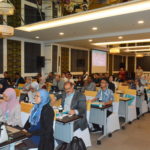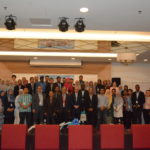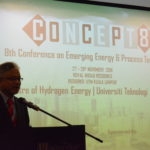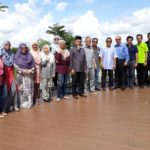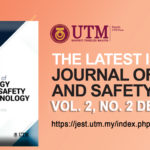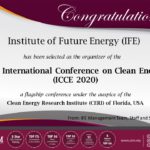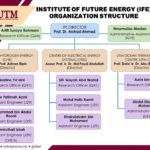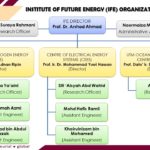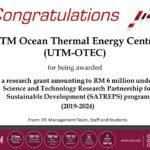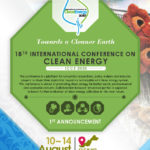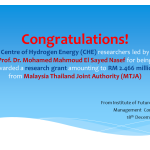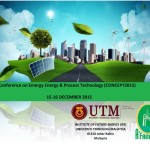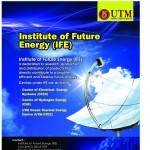Our key areas of expertise include :
Hydrogen Production
Hydrogen can be produced along many routes. Then main hydrogen production on IFE is on production, Storage, Transportation, and the use of chemical biohydrogen, Electrolysis & Hydrogen from renewables. Otherwise we focus on the use of chemical and catalytic methods to produce hydrogen through high temperature reforming and gasification.
Fuel Cell Application
Fuel cell process include electrode , membrane, MEA, System Integration. In realizing hydrogen as the energy for the future, demonstration projects for hydrogen and fuel cell applications have been implemented. The group has a long track record in developing demonstration project in applying fuel cell in wheelchair, tri-cycle and motorcycle.
Catalysis
heterogeneous catalysis in industry involve the reactions of gases being passed over the surface of a solid, often a metal, a metal oxide or a zeolite.
Process Safety
Our process safety research covers dynamic risk assessment, accident modelling, model-based fault detection, fire and explosion studies, inherent safety, inherent health, development of safety indices as well as process safety management.
Process Intensification, Modelling & Control
Clean coal, ultrasonic & microwave / plasma / high voltage assisted process.
Electrochemistry
Branch of physical chemistry that studies the relationship between electricity, as a measurable and quantitative phenomenon, and identifiable chemical change, with either electricity considered an outcome of a particular chemical change or vice versa. These reactions involve electric charges moving between electrodes and an electrolyte (or ionic species in a solution). Thus electrochemistry deals with the interaction between electrical energy and chemical change.
Process Safety
Our process safety research covers dynamic risk assessment, accident modelling, model-based fault detection, fire and explosion studies, inherent safety, inherent health, development of safety indices as well as process safety management.
Process Intensification, Modelling & Control
In making chemical process equipment more compact and highly efficient, we intensify existing unit operations by incorporating selected physical and chemical phenomena. Our works include theoretical studies, computer simulations and pilot scaled assessment of the proposed design.
Emerging Materials For Sustainable Energy Development
In making new technologies affordable and sustainable, developments of novel materials play pivotal role. Our works include the development new generation membranes, ion-exchange resins, catalysts and adsorption materials for various applications and in particular to support the hydrogen and fuel cell technology.
Smart Power Grid
The combination of hard power and soft power strategies.
Renewable Energy
A fuel cell combines hydrogen and oxygen to produce electricity, heat, and water. Fuel cells are often compared to batteries. Both convert the energy produced by a chemical reaction into usable electric power. Renewable energy sources, like the sun and wind, can’t produce energy all the time.
Electrical Energy Markets & Generations Studies
comprises of distributed energy resources generation and storage. It includes sources such as solar photovoltaic, wind turbine, small hydro, geothermal, gas-power and combined heat and power systems (CHP). These resources are regulated by power electronics converters, FACTS and are aided by monitoring and control systems.
Power Quality
maintaining the near sinusoidal waveform of power distribution bus voltages and currents at rated magnitude and frequency. Determining the fitness of electric power to consumer devices. Synchronization of the voltage frequency and phase allows electrical systems to function in their intended manner without significant loss of performance or life.
Energy Efficiency & DSM
Energy is identifying ways to enhance customer control over energy use. Progress Energy is also evaluating emerging and evolving technologies that may change our energy future.
OTEC Power Plant
Ocean Thermal Energy Conversion (OTEC) is a process that can produce electricity by using the temperature difference between deep cold ocean water and warm tropical surface waters. OTEC plants pump large quantities of deep cold seawater and surface seawater to run a power cycle and produce electricity. OTEC is firm power (24/7), a clean energy source, environmentally sustainable and capable of providing massive levels of energy.

